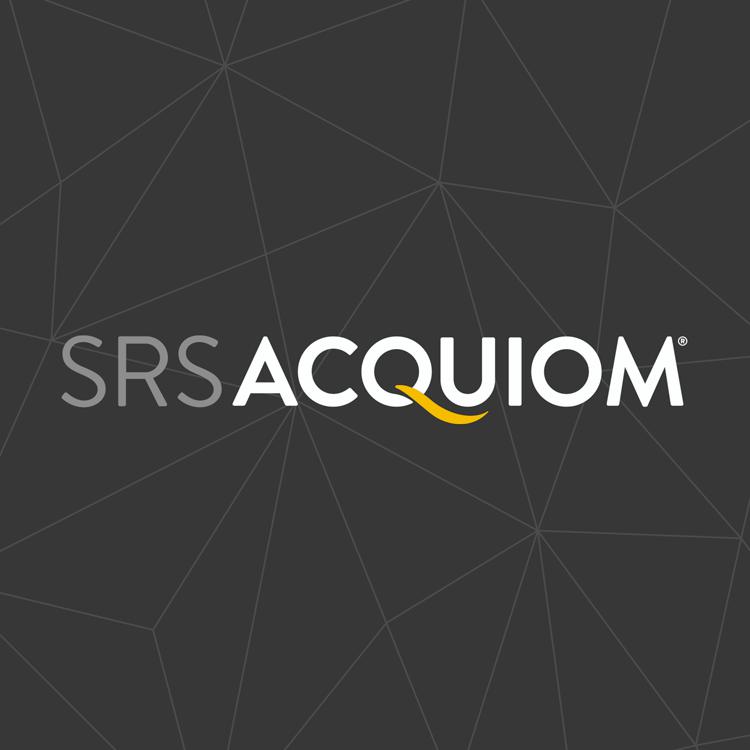
Parties involved in a transaction in which escrows are held in accounts domiciled outside the United States may need to comply with Financial Crimes Enforcement Network (FinCEN) 114, Report of Foreign Bank and Financial Accounts (FBAR) regulations. In addition, the Internal Revenue Service now requires taxpayers to file Form 8938 if they hold foreign financial assets in excess of $50,000 at the end of their tax year or $75,000 anytime during their tax year.
FBAR, established under the Bank Secrecy Act, is part of the US Government’s fight against clandestine funding of international terrorism. It requires reporting if the taxpayer has a financial interest greater than $10,000 in, or signature authority over, any account(s) in a foreign country at any time during the calendar year.
Whether an escrow is in a foreign account may not be immediately apparent to shareholders. For example, JPMorgan Chase Bank is a US bank, but if an escrow goes into its Hong Kong branch, that account is a foreign financial account. Since many buyers and investors have pro rata interests in escrows in excess of $10,000, they will need to look at this issue carefully. They also will need to look closely at any escrow for which they are serving as the shareholder representative, because that representative almost always has signature authority over the account.
The penalties for non-compliance can be quite severe, consisting of the possibility of forfeiture of up to the greater of 50% of the account value at the time of violation or $100,000. Criminal penalties may also apply in certain defined circumstances. The FBAR filing is due by June 30th of the year following the year that the account holder meets the $10,000 threshold. There is also a FBAR box that may need to be checked on taxpayers’ individual income tax returns (Form 1040 Schedule B, lines 7a and 7b), and on other business entity filings on their due dates. Making the issue even more complex, it should be noted that the reporting requirements extend to certain beneficial owners of the underlying economic interest, not just to the holder of record. Individual taxpayers file form 8938 with their annual tax by its due date (including any extensions).
Given the complexity, fickle nature and significant penalties possible with the FinCEN 114, FBAR regulation and Form 8938, we advise all shareholders to look at their escrows to determine whether any are held in foreign accounts, and to consult their tax and legal advisors as to whether either reporting requirement applies for both individual 1040 filers and for business entities. The IRS has published a comparison of the FinCEN Form 114, Report of Foreign Bank and Financial Accounts (FBAR) and Form 8938 reporting requirements.

Paul Koenig
Chief Executive Officer tel:303-957-2850
Paul is the chief executive officer and co-founder of SRS Acquiom.
Before co-founding SRS Acquiom, Paul was one of the founding partners of Koenig & Oelsner, a Denver-based corporate and business law firm with a strong practice in mergers and acquisitions, securities, and financing transactions. Prior to that, he was an attorney in the Chicago office of Latham & Watkins, and in the Colorado office of Cooley LLP.
Paul has authored numerous articles and is a frequent speaker at industry events. He received his BBA in finance from the University of Iowa and graduated from Northwestern University School of Law.